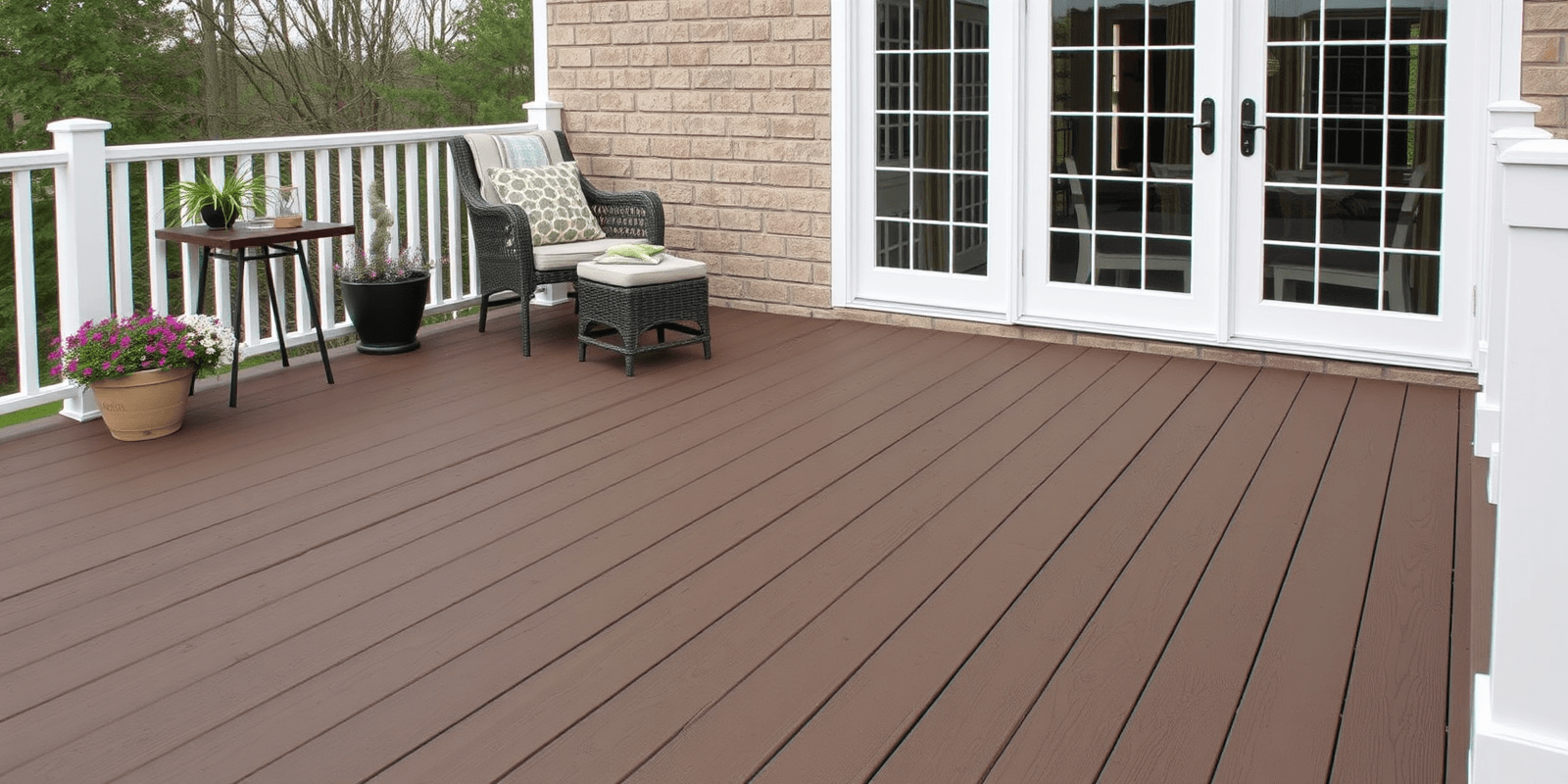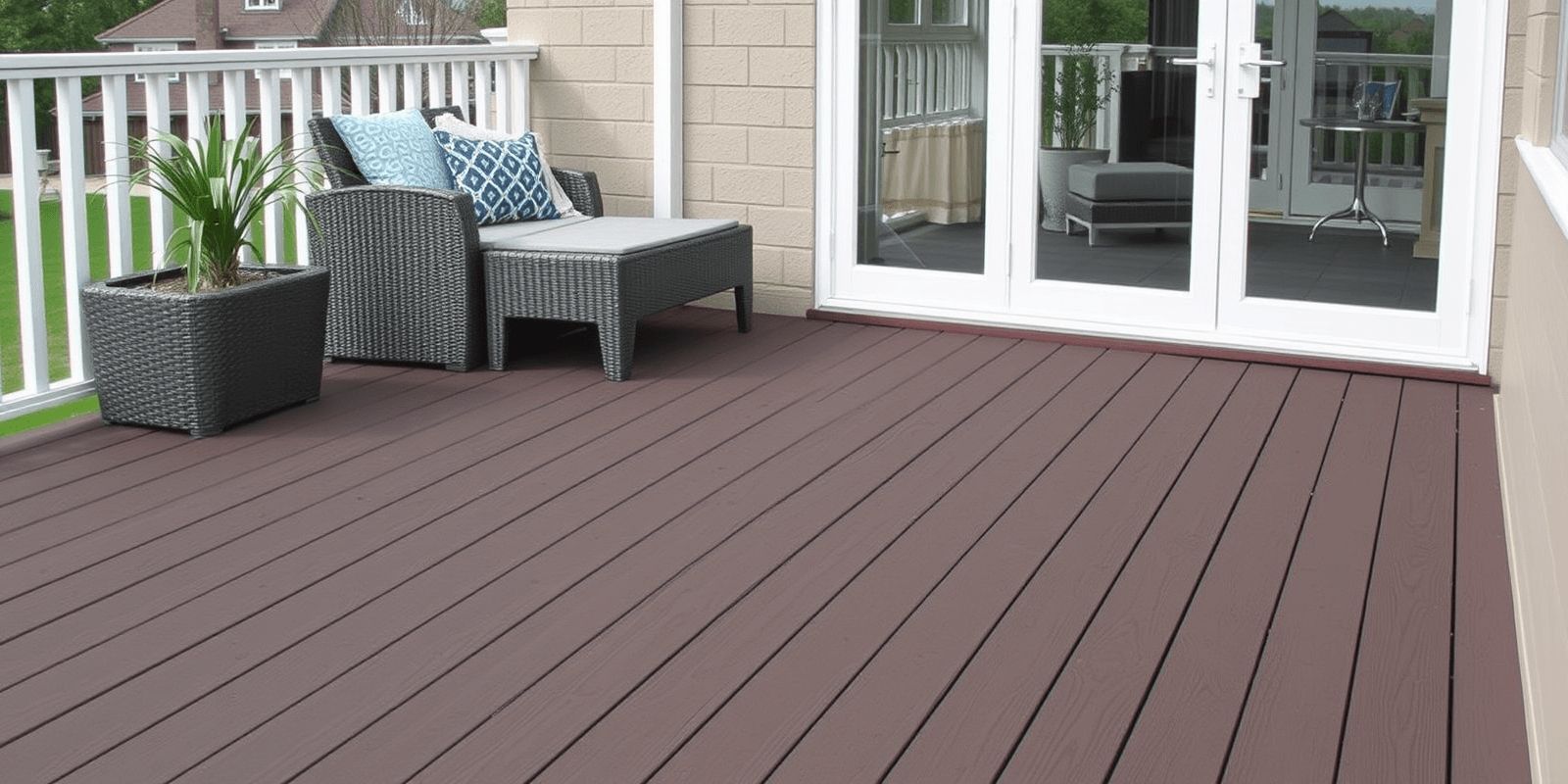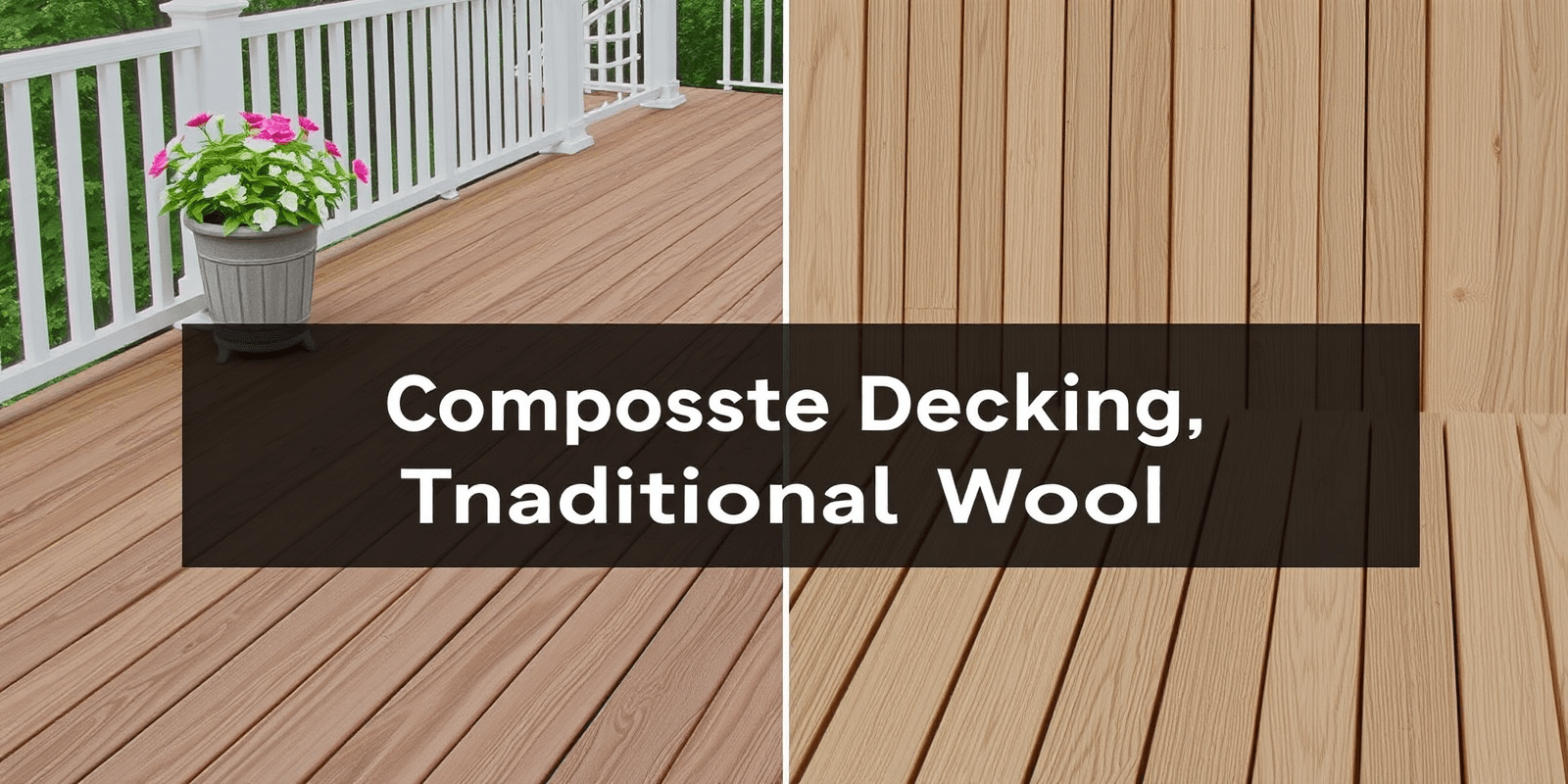“`html
TREX Composite Decking: An Eco-Friendly Alternative
Introduction
In recent years, there has been a growing awareness of the environmental impact of building materials. Among these, decking materials have come under scrutiny due to their significant role in residential and commercial construction projects. Traditional wood decking, while aesthetically pleasing, requires frequent maintenance and often leads to deforestation. In contrast, TREX composite decking material offers a sustainable alternative that not only meets aesthetic demands but also significantly reduces the ecological footprint.
Recycled Content: A Key Environmental Benefit
TREX composite decking material is renowned for its high percentage of recycled content. The company utilizes a blend of reclaimed wood fibers and recycled plastic from sources such as plastic shopping bags and milk jugs. This innovative approach not only diverts waste from landfills but also reduces the demand for virgin materials. By incorporating these recycled components, TREX contributes to a circular economy, where resources are continuously reused and repurposed.
According to TREX’s sustainability report, their products contain up to 95% recycled materials. This substantial use of recycled content not only decreases the reliance on new timber but also helps reduce the carbon emissions associated with extracting and processing raw materials. The environmental benefits extend beyond just the manufacturing process; the long-lasting nature of composite decking means fewer replacements over time, further minimizing waste.
Reduced Need for Chemical Treatments
One of the primary drawbacks of traditional wood decking is the need for regular chemical treatments to prevent rot, decay, and insect infestation. These treatments often involve harmful chemicals that can leach into the soil and water systems, posing risks to both the environment and human health. In contrast, TREX composite decking material is naturally resistant to moisture, mold, and insects, eliminating the need for these environmentally damaging treatments.
The inherent durability of composite decking reduces the frequency of maintenance and replacement, thereby lowering the overall environmental impact. Additionally, this resistance to biological degradation means that composite decks require less frequent replacement, contributing to a reduction in waste and resource consumption.
Overall Impact on Reducing Waste
The adoption of TREX composite decking material represents a significant step towards reducing waste in the construction industry. Unlike traditional wood, which deteriorates over time and often ends up in landfills, composite decking is designed to last for decades with minimal maintenance. This longevity translates into fewer replacements and less waste generation.
Moreover, composite decking can be recycled at the end of its life cycle, creating a closed-loop system that minimizes environmental impact. This aspect of composite decking aligns with global efforts towards sustainability and waste reduction, making it an attractive option for eco-conscious consumers and builders alike.
“`



